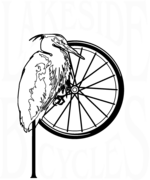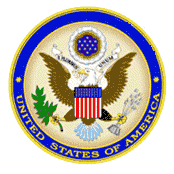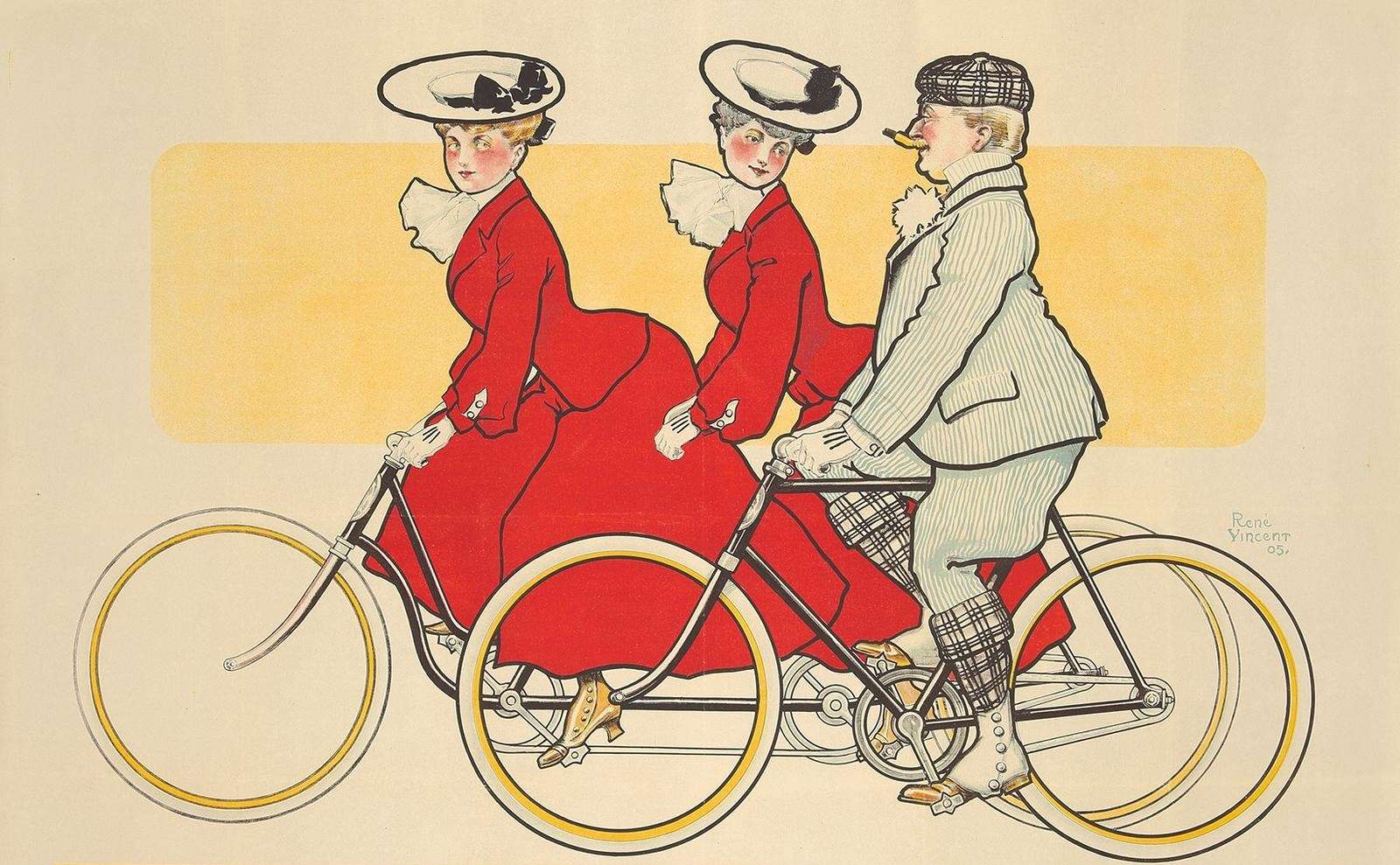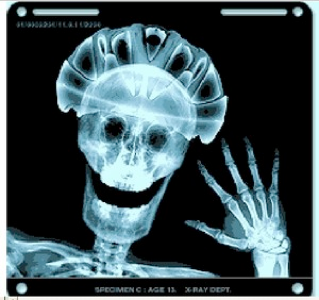U.S. Diet Guidelines Stress Exercise!
|
Uncle Sam Wants You... To Exercise? |
|
|
|
|
|
|
|
Dietary Recommendations
|
| It seems to us that the government recognizes the importance of bicycling in a healthy lifestyle. We hope you do, too. Whether we can help you fix up an old bike, or find a new one, we're here to help you in your path to fun and fitness. Just try not to take it too far. |



